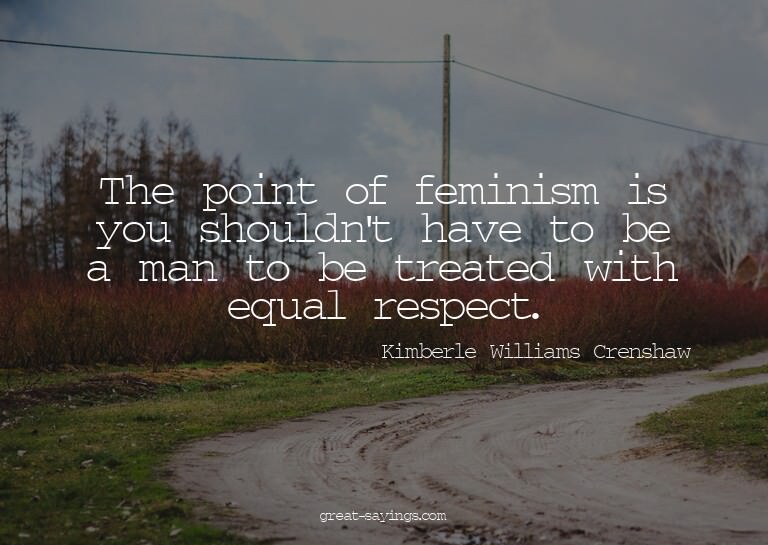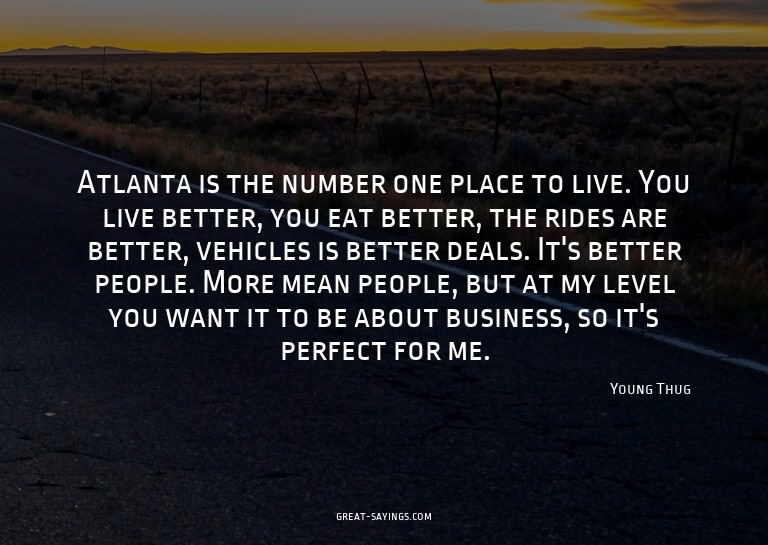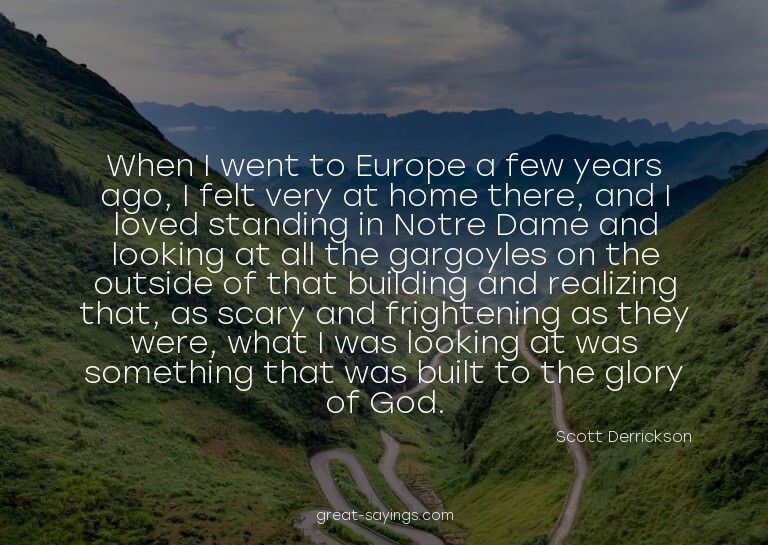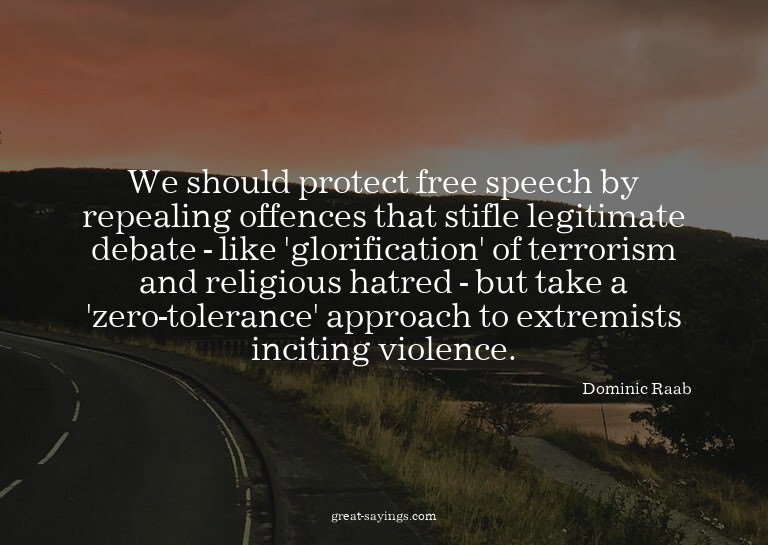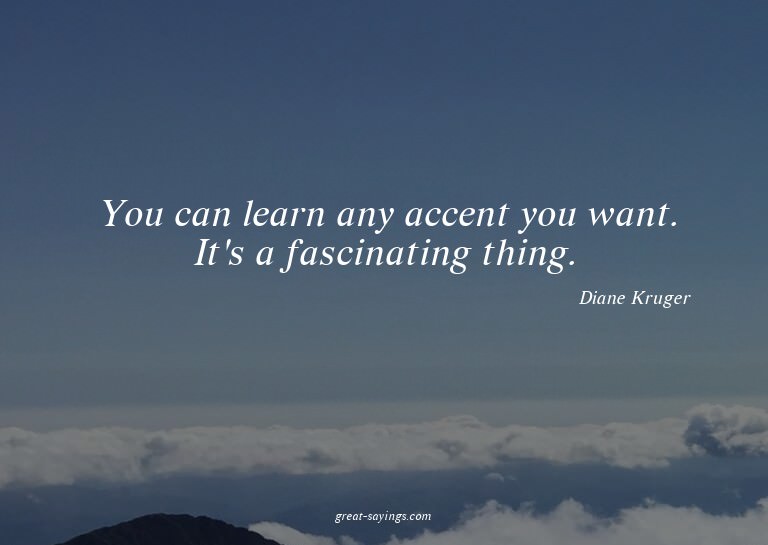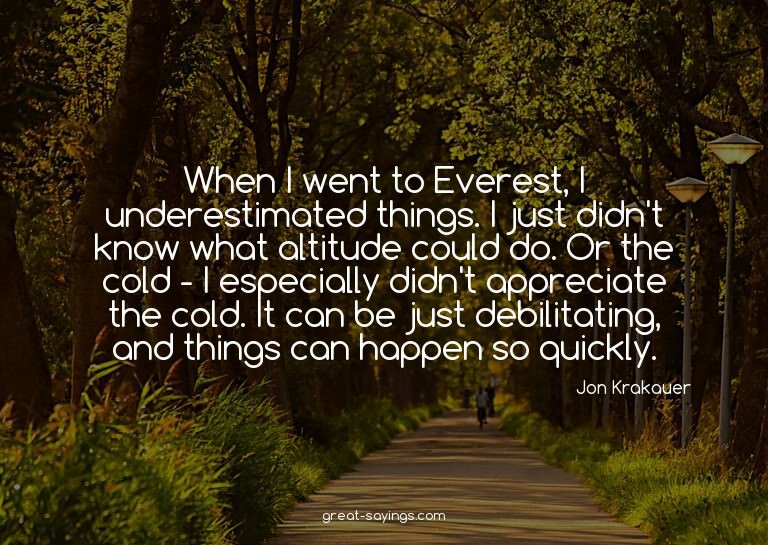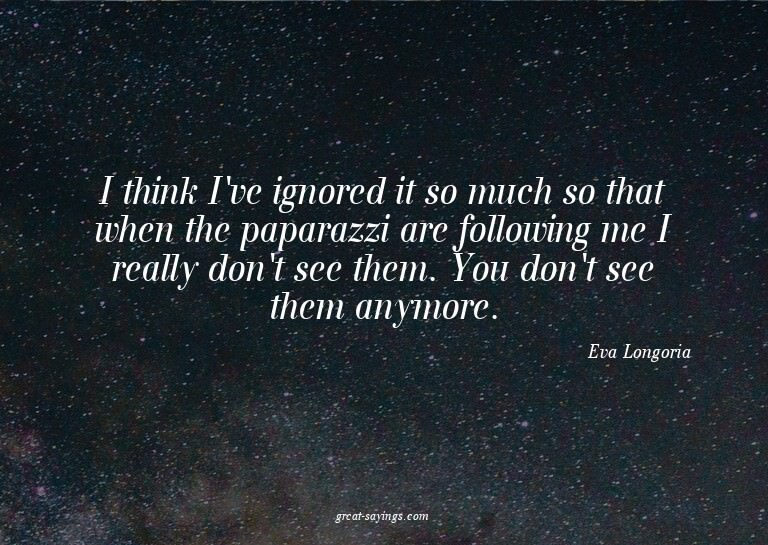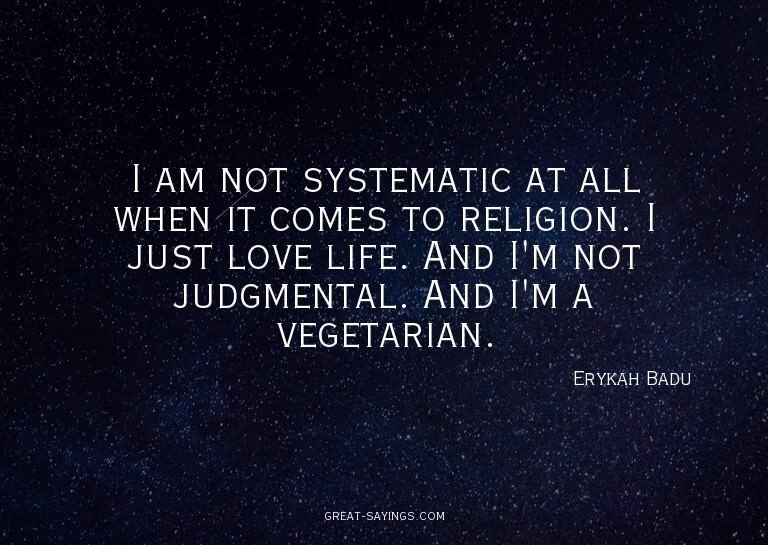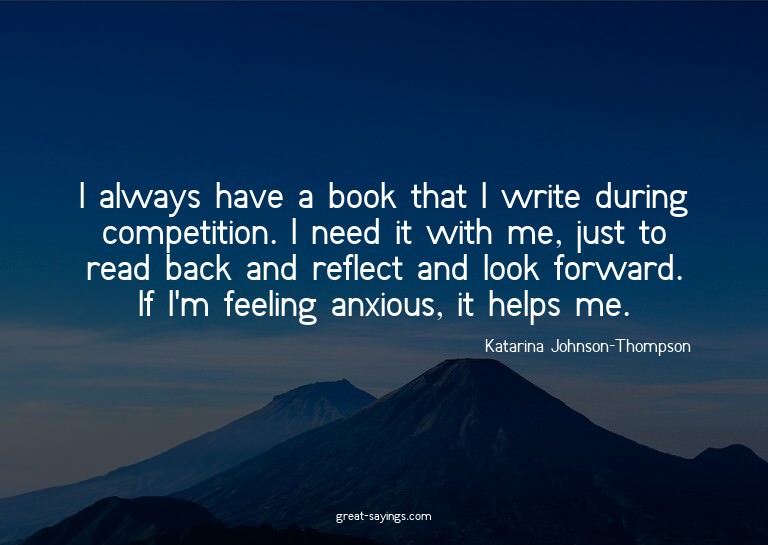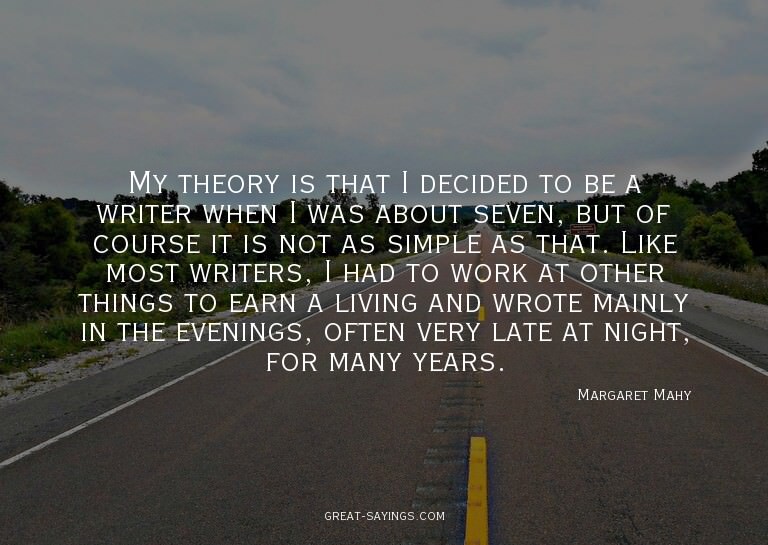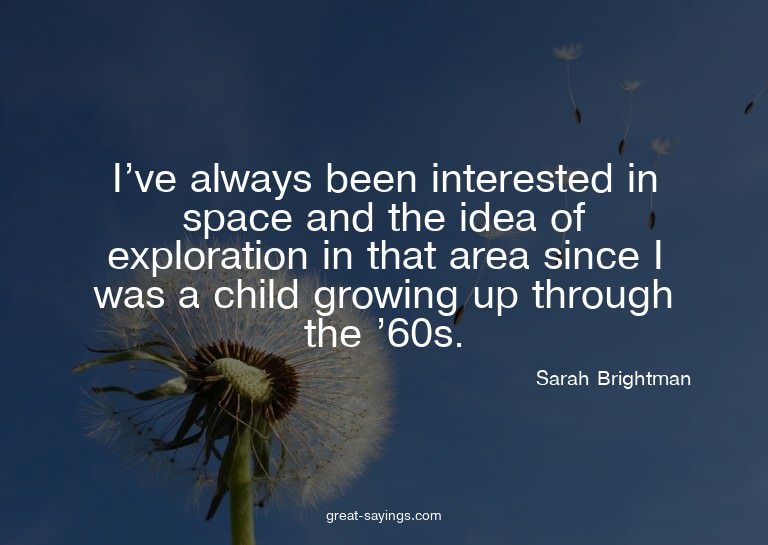Words matter. These are the best Mark Zuckerberg Quotes, and they’re great for sharing with your friends.
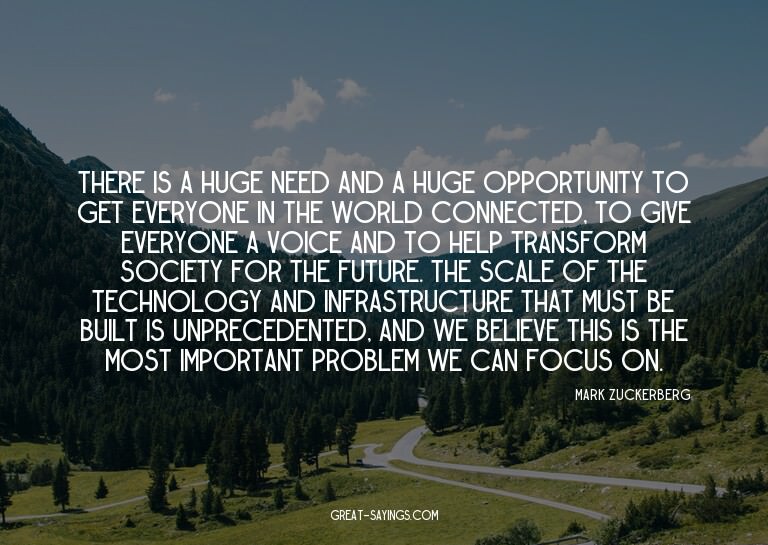
There is a huge need and a huge opportunity to get everyone in the world connected, to give everyone a voice and to help transform society for the future. The scale of the technology and infrastructure that must be built is unprecedented, and we believe this is the most important problem we can focus on.
Now the playbook is we build AI tools to go find these fake accounts, find coordinated networks of inauthentic activity, and take them down; we make it much harder for anyone to advertise in ways that they shouldn’t be.
We help Chinese companies grow their customers abroad. They use Facebook ads to find more customers. For example, Lenovo used Facebook ads to sell its new phone. In China, I also see economic growth. We admire it.
We’re at a point now where we’ve built AI tools to detect when terrorists are trying to spread content, and 99 percent of the terrorist content that we take down, our systems flag before any human sees them or flags them for us.
You can use your real identity, or you can use phone numbers for something like WhatsApp, and pseudonyms for something like Instagram. But in any of those you’re not just sharing and consuming content, you are also building relationships with people and building an understanding of people.
The thing that we are trying to do at facebook, is just help people connect and communicate more efficiently.
There are really two core principles at play here. There’s giving people a voice so that people can express their opinions. Then, there’s keeping the community safe, which I think is really important. We’re not gonna let people plan violence or attack each other or do bad things.
I actually think people generally have an awareness and feel like, ‘Wow, these networks have a lot of information.’
I like making things. I don’t like getting my picture taken.
If we’re trying to build a world-class News Feed and a world-class messaging product and a world-class search product and a world-class ad system, and invent virtual reality and build drones, I can’t write every line of code. I can’t write any lines of code.
When I was in college I did a lot of stupid things and I don’t want to make an excuse for that. Some of the things that people accuse me of are true, some of them aren’t. There are pranks, IMs.
I just want to make sure when I have kids, I can spend time with them. That’s the whole point.
I look at Google and think they have a strong academic culture. Elegant solutions to complex problems.
When people are connected, we can just do some great things. They have the opportunity to get access to jobs, education, health, communications. We have the opportunity to bring the people we care about closer to us. It really makes a big difference.
When Facebook was getting started, nothing used real identity – everything was anonymous or pseudonymous – and I thought that real identity should play a bigger part than it did.
Facebook is really about communicating and telling stories… We think that people can really help spread awareness of organ donation and that they want to participate in this to their friends. And that can be a big part of helping solve the crisis that’s out there.
Working with a lot of people at the same time is a task. I really like making stuff and getting stuff done. One of the things I really liked about Facebook was that I could always move so quickly. I wrote the original application in, like, nine days at the end of January.
My goal was never to make Facebook cool. I am not a cool person.
It wasn’t until we got our first office in Palo Alto where things became more like a company. We never went into this wanting to build a company.
Really, who you are is defined by the people who you know – not even the people that you know, but the people you spend time with and the people that you love and the people that you work with. I guess we show your friends in your profile, but that’s kind of different from the information you put in your profile.
I got my first computer in the 6th grade or so. As soon as I got it, I was interested in finding out how it worked and how the programs worked and then figuring out how to write programs at just deeper and deeper levels within the system.
The biggest mistake we made as a company was betting too much on HTML5.
The amount of trust and bandwidth that you build up working with someone for five, seven, 10 years? It’s just awesome. I care about openness and connectedness in a global sense.
The only meat I eat is from animals I’ve killed myself.
We know that for every 1 person who get access to the Internet, one new job gets created, and one person gets lifted out of poverty. So in theory, going and connecting everyone on the Internet is a large national and even global priority.
We talk about this concept of openness and transparency as the high-level ideal that we’re moving towards at Facebook. The way that we get there is by empowering people to share and connect. The combination of those two things leads the world to become more open.
Facebook is uniquely positioned to answer questions that people have, like, what sushi restaurants have my friends gone to in New York lately and liked? These are queries you could potentially do with Facebook that you couldn’t do with anything else, we just have to do it.
If I could snap my fingers and do one thing in science, I would get more funding for basic science. But the level of funding that needs to be done is not on the order of millions, like the cost of the Breakthrough Prizes. It’s billions to tens of billions.
What really motivates people at Facebook is building something that’s worthwhile, that they’re going to be proud to show to friends and family.
We are a mission-driven company. In order to do this, we have to build a great team. And in order to do that, you need people to know they can make a bunch of money. So we need a business model to make a lot of money.
In general, we’re a social network. I prefer that because I think it is focused on the people part of it – as opposed to some people call it social media, which I think focuses more on the content.
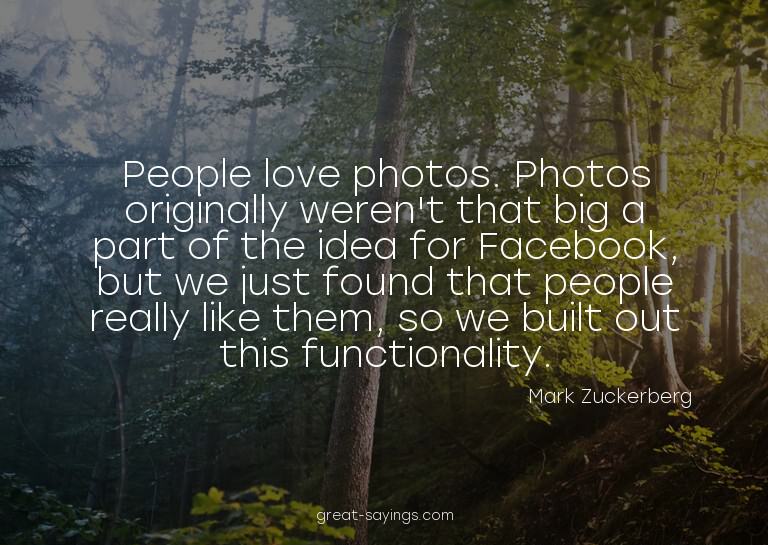
People love photos. Photos originally weren’t that big a part of the idea for Facebook, but we just found that people really like them, so we built out this functionality.
People don’t care about what someone says about you in a movie – or even what you say, right? They care about what you build. And if you can make something that makes people’s life better, then that’s something that’s really good.
Our goal is to make it so there’s as little friction as possible to having a social experience.
I just think people have a lot of fiction. But, you know, I mean, the real story of Facebook is just that we’ve worked so hard for all this time. I mean, the real story is actually probably pretty boring, right? I mean, we just sat at our computers for six years and coded.
I just think that VR and AR are going to be a really big deal.
When I started Facebook from my dorm room in 2004, the idea that my roommates and I talked about all the time was a world that was more open.
The real story of Facebook is just that we’ve worked so hard for all this time. I mean, the real story is actually probably pretty boring, right? I mean, we just sat at our computers for six years and coded.
While some doubted that connecting the world was actually important, we were building. While others doubted that this would be sustainable, you were forming lasting connections. We just cared more about connecting the world than anyone else. And we still do today.
What really motivates people at Facebook is building stuff that they’re proud of.
I started the site when I was 19. I didn’t know much about business back then.
I do everything on my phone as a lot of people do.
If you’re always under the pressure of real identity, I think that is somewhat of a burden.
I believe we have to nip Ebola in the bud before it spreads through Africa and to other countries.
Figuring out what the next big trend is tells us what we should focus on.
Our philosophy is that we care about people first.
Move fast and break things. Unless you are breaking stuff, you are not moving fast enough.
When most people ask about a business growing, what they really mean is growing revenue, not just growing the number of people using a service. Traditional businesses would view people using your service that you don’t make money from as a cost.
I wear the same outfit or, at least, a different copy of it almost every day.
Our mission is to connect every person in the world. You don’t do that by having a service people pay for.
There are good examples of companies – Coca-Cola is one – that invested before there was a huge market in countries, and I think that ended up playing out to their benefit for decades to come.
When we were a smaller company, Facebook login was widely adopted, and the growth rate for it has been quite quick. But in order to get to the next level and become more ubiquitous, it needs to be trusted even more.
One of the things that we’re trying to do with Creative Labs and all our experiences is explore things that aren’t all tied to Facebook identity. Some things will be, but not everything will have to be, because there are some sets of experiences that are just better with other identities.
Pages: 1 2

